Act Now - Limited Time Offer
$67 Pest Control

Chris Mosby
Pest Control Technician
Chris Barber
Pest Control Technician
Mackenzie Keene
Office Manager
Cat fleas are the most common fleas found on domestic cats and dogs. These tiny, reddish-brown insects are about 1/8 inch long. They live on pets, feeding on their blood, and can cause itching, hair loss, and anemia in severe cases. Cat fleas can also bite humans, leaving itchy, red welts that may cause allergic reactions.
The life cycle of cat fleas includes egg, larva, pupa, and adult stages. Female fleas lay 20-50 eggs daily, falling off pets and landing on bedding and carpets. Larvae feed on dried blood and develop in protected humid areas. The entire life cycle can be completed in about 18 days, with adult fleas living up to 40 days on the host.
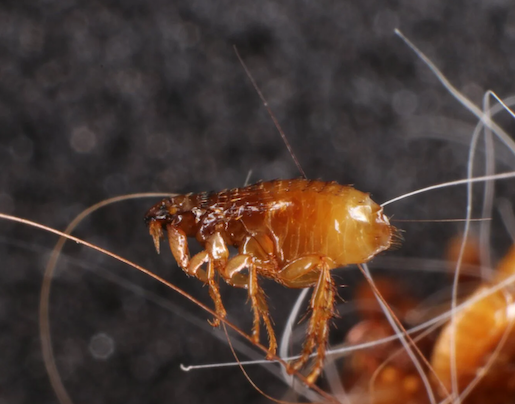
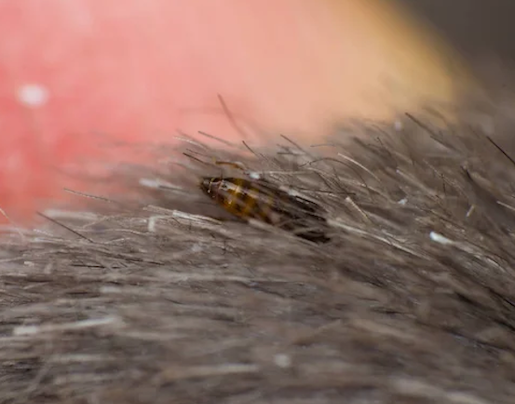
Dog fleas, also known as Ctenocephalides canis, are parasitic insects that primarily infest dogs but can also affect cats and humans. These fleas are similar in appearance to cat fleas but are less common in California. They are small, reddish-brown, and wingless, making them hard to spot. Dog fleas thrive by feeding on the blood of their hosts, causing itching and discomfort. They can also transmit diseases and parasites, including tapeworms.
Dog fleas go through a complete life cycle that includes eggs, larvae, pupae, and adults. The eggs, often falling off the host, can land in the pet’s environment such as bedding or carpets. Larvae feed on organic debris and adult flea excrement. Pupae develop in cocoons and can remain dormant for months. Adult fleas can live for several weeks, constantly feeding and reproducing.
Sticktight fleas are commonly found on ground squirrels and poultry. They attach firmly to their hosts’ ears and eyes, causing irritation and potential health issues. Pets that roam outdoors are at risk, especially in areas with ground squirrels. Regular inspection of pets for these fleas can help catch infestations early.
Treatment involves addressing both the pets and their environment. It’s crucial to treat pets and their bedding on the same day. For homes with pets that roam outside, a thorough inspection and treatment of indoor and outdoor areas are necessary.
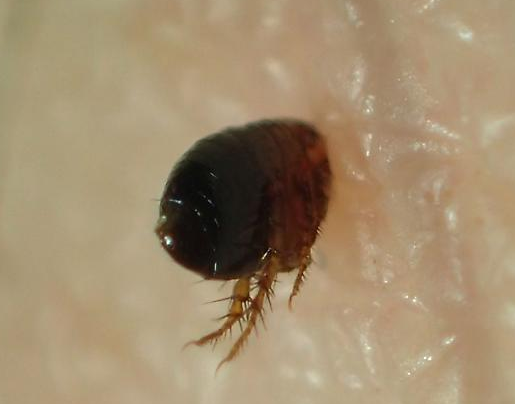
Our flea control process begins with a thorough inspection. We check your yard for flea hotspots and areas where your pets spend the most time. This helps us identify the most affected zones for targeted treatment. Our technicians carefully examine the entire outdoor space, including shaded areas and places with heavy foliage.
For indoor inspections, we focus on baseboards, cracks, and crevices, which are common hiding spots for fleas. We also inspect pet bedding, carpets, and furniture, ensuring that we find all potential flea habitats. Identifying these areas is crucial for an effective treatment plan.

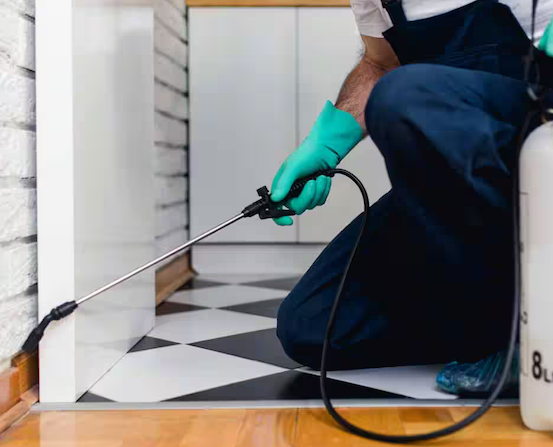
Before we arrive for your flea treatment, there are a few steps to prepare your home. Outside, make sure your lawn is freshly cut. Inside, remove all items from the floor, like toys and mats. Vacuum all carpets, under beds, and the bottom of closets. After vacuuming, throw the bag away. Sweep and mop all floors. Treat your pets and clean their bedding on the same day. Your house should be vacant until the treatment product dries, which takes about 2-3 hours.
Our flea control process starts with a thorough inspection of your yard. We identify and treat hotspots, covering up to half an acre. We use a liquid treatment on baseboards, cracks, and crevices for indoor treatment. We also treat floors and animal play areas, like cat trees. The floors might be slippery at first but will dry quickly. Using fans or air movers can help speed up this process.
At Santee Pest Control, we provide a free follow-up treatment two weeks after the initial service. This follow-up is crucial to ensure that any newly hatched fleas are effectively eliminated. Our technician will repeat the same comprehensive treatment, targeting all previously treated areas to guarantee thorough eradication.
We recommend vacuuming carpets and sweeping floors regularly after the first treatment. This helps to stimulate any remaining flea eggs to hatch, allowing our follow-up treatment to be even more effective. Keeping your pets treated and their bedding clean during this period is also essential for preventing re-infestation.

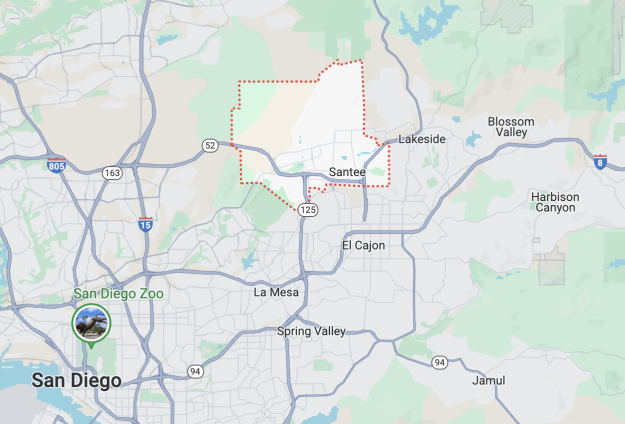
We’re here for Santee and its neighbors. Our team works hard to keep homes and businesses free from pests. We care deeply about these communities and always aim to give great service and results.
Limited time offer! Get $50 off your first pest control service.

Barrier Services
Santee Office
© Santee Pest Control 2024